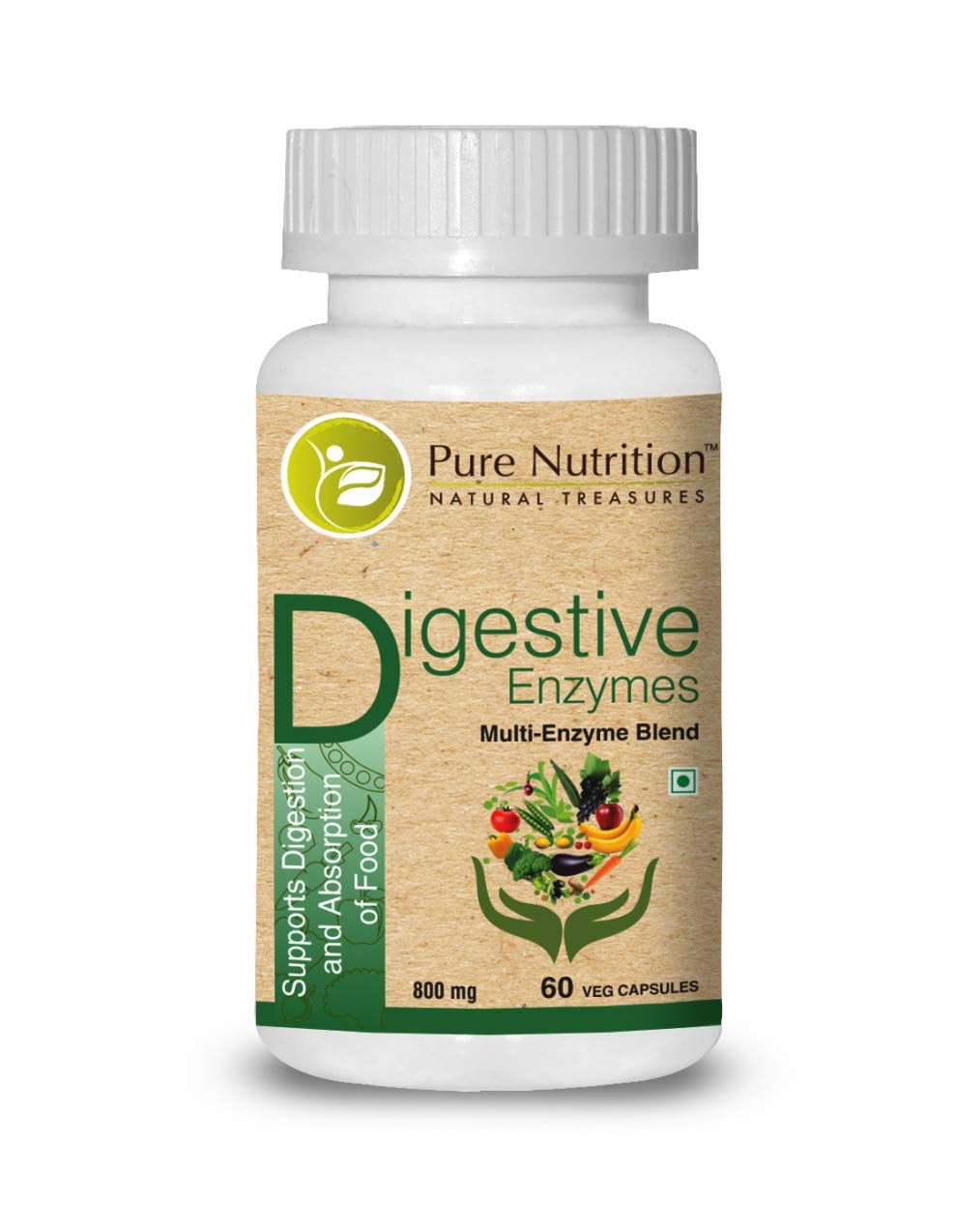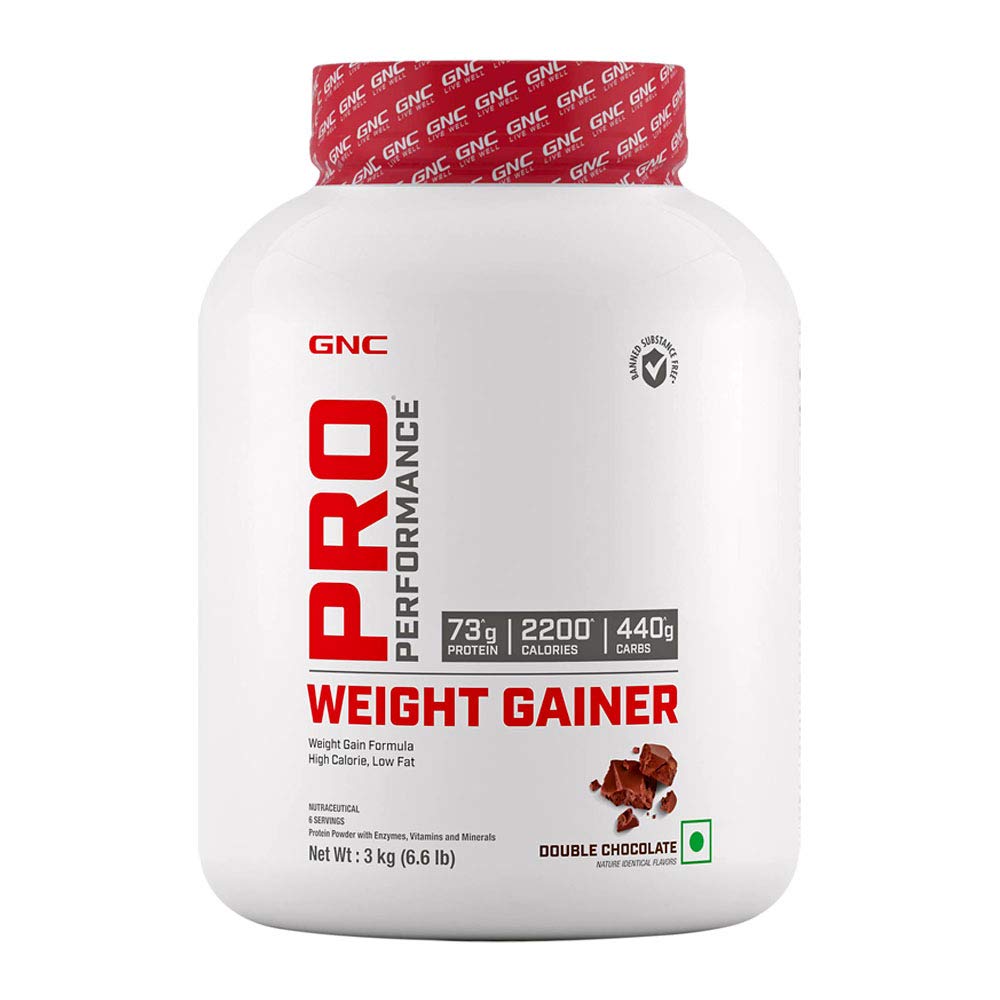Protease
Micronutrient
Last update date: October 11, 2023
Protease is a digestive enzyme, released by the pancreas. It is used to break down proteins into amino acids.
Frequently Asked Questions
1.
What is Protease?
Protease, also known as proteolytic enzyme, is a crucial enzyme responsible for breaking down proteins into smaller fragments within the body. These enzymes are naturally produced by various living organisms, including animals, plants, fungi, and bacteria. In the human body, proteases play a vital role in supporting the process of digestion by breaking down dietary proteins into amino acids, which are essential building blocks for various bodily functions. This enzymatic action ensures that proteins are effectively absorbed and utilized, contributing to overall health and well-being. Additionally, proteolytic enzymes found in supplements have been associated with potential benefits such as reducing inflammation, aiding in tissue repair, and supporting certain health conditions.
2.
What is positive impact of Protease?
Protease enzymes offer several potential benefits to your health. They play a vital role in facilitating the digestion and absorption of dietary proteins. By breaking down proteins into smaller peptides and amino acids, proteases help ensure efficient nutrient uptake and contribute to overall digestive health. Moreover, proteolytic enzymes found in certain supplements, like bromelain and papain, have been associated with anti-inflammatory properties, potentially assisting in reducing inflammation and promoting tissue repair. Though further research is needed, these enzymes have shown promise in aiding post-operative recovery and managing certain inflammatory conditions.
3.
What is negative impact of Protease?
When taken appropriately, proteolytic enzymes are generally considered safe for consumption. However, some individuals may experience mild to moderate side effects, including stomach and intestinal complaints. These side effects are usually manageable and tend to subside with time. It's crucial to adhere to recommended dosages and consult a healthcare professional before starting any new supplement regimen. When applied to the skin, proteolytic enzymes are also generally safe, but some people might experience allergic reactions. To ensure safety and avoid adverse effects, always follow the instructions provided on the product label and discontinue use if any unusual reactions occur.
4.
Who should avoid Protease?
There is no specific population group that needs to avoid protease in a general context. However, individuals who are allergic to proteolytic enzymes or have a history of severe allergic reactions to certain foods or supplements should exercise caution. If you have any known allergies or sensitivities, it's best to consult with a healthcare professional before using protease-containing supplements or products. Additionally, pregnant or nursing women, as well as individuals with underlying health conditions or those taking medications, should seek medical advice before incorporating protease supplements into their routine.
5.
What are common sources of Protease?
Proteolytic enzymes can be naturally found in various foods, with papaya and pineapple being two of the most notable sources. Apart from these fruits, other foods that contain proteolytic enzymes include ginger, kiwi, sauerkraut, yogurt, kefir, and miso. Incorporating these foods into your diet can provide you with natural protease enzymes that may support digestion and overall health. Additionally, protease supplements derived from these sources are also available, providing a convenient way to ensure adequate enzyme intake, especially for those who may have difficulty obtaining these nutrients solely from food sources.









